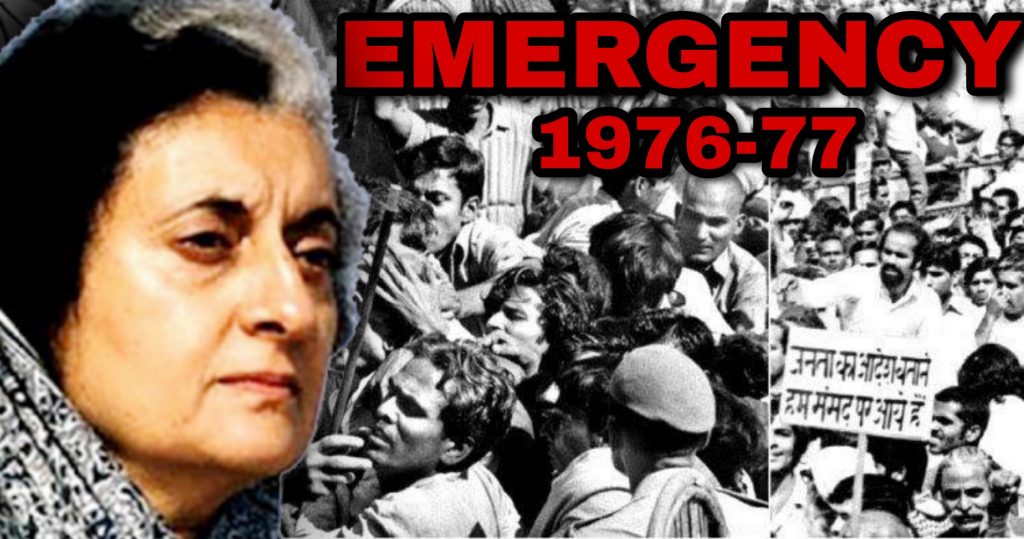A 94 years-old widow has moved the Supreme Court, seeking for the Proclamation of Emergency in 1975 to be declared as unconstitutional and for a compensation to the tune of Rs. 25 crores from the authorities who have participated in the same, LiveLaw reports.
The petition states that the burial of the darkest chapter in Indian democracy is yet to provide respite to the Petitioner who suffered atrocities at the hands of the authorities during the Emergency period. The plea relies on the 2017 judgment of KS Puttaswamy (Retd.) vs. Union of India which overruled the 5-Judge Bench decision in ADM Jabalpur v. Shivkant Shukla (1976). The plea says that “the present petition is a plea for justice and restitution of a lifetime spent in utter misery and anguish on account of the atrocities suffered by the Petitioner, her deceased husband and her family”.
As victims of the Emergency, the petition recounts that the then government authorities, in their bid to plunder businesses and homes of victims, targeted the Petitioner and her husband with unjustifiable and arbitrary detention orders, and consequently led to them fleeing the country.
Referring to the judgment of the Delhi High Court passed in December 2014 which ultimately quashed the proceedings against the deceased husband of the Petitioner, the plea then conveys that valuables worth crores of rupees from the flourishing business of the husband, which were seized, are yet to be restituted. Additionally, it was only vide order dated 28th July, 2020, that the High Court directed for payment of arrears of rent for one of the properties to the Petitioner and other legal heirs.
At her advanced age, the Petitioner has sought for the fulfilment of a simple desire to achieve closure to her trauma and receive an acknowledgement of her suffice. In light of this, the instant plea has been filed before the Supreme Court. The matter is likely to be listed on 7th December before a Bench headed by Justice SK Kaul.
Darkest Period Post Independence

Emergency declared by Indira Gandhi was the darkest period for India post-Independence from the British in 1947. The Congress government under Indira Gandhi justified the action by citing that there was threat of internal disturbances and grave crisis had arisen which made the proclamation necessary. Post-midnight, the electricity to all major newspaper offices were disconnected. On June 26, a large number of opposition leaders and workers especially from the Jan Sangh were arrested.
The government made blatant and extensive use of its power of preventive detention. People were arrested and detained only on the apprehension that they may commit an offence. According to the Shah Commission, nearly 1,11,000 people were arrested under detention laws. Torture and custodial deaths also occurred during Emergency. The Constitution was amended in an autocratic manner, including the controversial 42nd amendment.
The government had restricted all the fundamental rights of the citizens during that period. The Congress government further banned the Rashtriya Swayamsevak Sangh (RSS) and the Jamaat-e-Islami during the Emergency period and its members were arrested.
Government authorities and the police used the emergency to settle personal scores and in the process thousands of common men and women lost their livelihoods and suffered huge losses.
After 18 months of emergency, in January 1977, the government finally decided to hold elections in March 1977.
